She has been called the “funniest female immigrant in Sweden” but “fun” would not be an apt word to describe her life in Iran. In 1991, more than 30 years ago, Zinat Pirzadeh packed her suitcase and left her native country for Sweden with her three-year-old son. She was a 23-year-old single mother.
With the support of her older brother and her grandmother, this young woman left to pursue a life away from the stifling oppression she faced in Iran. Forced to marry while still a minor, she knew she couldn’t remain in a country that had allowed this to happen.
As a stand-up comedian, she is part of Sweden’s vibrant immigrant community who has always believed that laughter is the path to happiness.
The journey to Sweden was difficult, and Pirzadeh remembers her early days there as being full of loneliness and poverty. "In that period of my life I lost so much weight due to hunger,” she remembers, before joking, “I could fit into smaller sizes — so I became a model.”
They lived in a cold, dark basement, but she knew how important it was to remain positive: "The more you are depressed, the more irony and laughter become a key to open all the doors. My grandfather always said there is a sign of God’s light in everybody’s heart that never gets dark. I always think about this and know no matter how depressed I am, I can see that life is not an absolute dead end and there are always ways to reach light and happiness for everybody. For me laughter and laughing is the path to happiness."
Pirzadeh was born in 1967 in Sari, a city in the verdant northern part of Iran and now she lives in northern Sweden. She has something amusing to say about this: “Now everybody thinks I have a northern Swedish accent, but they do not know that when I speak in Persian, I have an accent from northern Iran.”
But it was difficult for her to learn Swedish, contributing to her isolation. “The best way to progress is to learn the language of the host country,” Pirzadeh says. “People in northern Sweden are not very talkative. For that reason, I realized the best place to learn the language was the church. The language spoken by the pastor of the church I used to go to was a language with high literary richness. Under his influence I learned Swedish.”
From Psychology to Comedy
While Zinat Pirzadeh was waiting for the Swedish Migration Agency to come to a decision regarding her residency, she began to study. After pursuing several disciplines, she finally settled on psychology and counseling, and eventually went on to study for a PhD. After graduating, she taught at schools and also worked as a job counselor for the Swedish government.
She also had a passion for the art of millinery, which she traced back to a childhood memory: "When I was a child I saw Queen Farah Pahlavi during her trip to Sari. On that day she was wearing a beautiful hat and, in my childhood dreams, I saw her as a fairy and I fell in love with hats. I still love hats. One day an advertisement about hat-making classes was sent to our house. I thought I could fulfill one of my wishes and make a hat similar to the hat the queen wore on that day.”
But not enough people signed up for the class, and it was canceled. Pirzadeh was given the option of getting her money back or joining another class: the art of public speaking. "I still did not know Swedish well and I thought this could help me to improve,” she says.
The teacher turned out to be one of the most famous stand-up comedians in Sweden. He noticed Pirzadeh was articulate and he was struck by her talent for expressing herself in a unique way: "He told me: ‘What you say is funny without you knowing it. You are a born comedian.’"
Later, famous Swedish stand-up comedian Anna-Lena Bergelin contacted Pirzadeh and asked her to work with her on a short program before she took it to the stage. "At that time, I knew nothing about comedy and I had no intention to follow this path,” Pirzadeh says.
The performance was such a success that she decided to leave her day job as a counselor and become a stand-up comedian. Travel would be part of that job, and she wanted to take her act from city to city.
At the beginning of her career, Zinat Pirzadeh says she faced harsh attacks, criticism and even racism: "One of the first jokes was about Namaz [one of the five daily obligatory prayers expected of devout Muslims] being an aerobic sport and that it was mandatory to prevent obesity. After that I was bombarded with insults. Racist groups threatened me. For a while, I decided to give it up and I did not work. Then I thought that if I do not pursue the profession I want here, in Sweden, what would be the difference between this place and a prison? So I introduced some changes in my work and returned to the world of comedy."
Bringing Change Through Comedy
Pirzadeh says that, in Iran, stand-up comedy is still very much focused on people using discriminatory or sexist remarks to get a laugh. "That is why the culture of laughter in a country like Sweden is different from that in Iran,” she says. "This culture might not be funny for Iranians, and even seem absurd. Nevertheless, it is righteous and human."
On stage, she speaks freely about racism, women’s freedom and Islamic fundamentalism: "After working as a stand-up comedian for a period of time, I feel I am in a situation where I can change certain things with my acting. From the first time I performed, I saw that as my responsibility because I felt that without such goals what I do is just a waste of time."
Pirzadeh’s education in psychology and counseling has been very helpful in the career embraced. She believes that laughter has the power to temper hatred and anxiety: "In one place where I performed a racist person shouted: ‘Go back home!’ In response I said, ‘I am already on my way back home!’ Another time when someone made the same comment, I asked: ‘To which home? To your home or will you come with me to my home?’ In most cases the result was that they smiled with me and were less furious."
In 2010, Zinat Pirzadeh was voted "Female Comedian of the Year,” and she remains well known on the Swedish comedy scene.
Pirzadeh is also a novelist and her books have been translated into several languages, including Butterfly in Chain, the first in her Butterfly trilogy which was featured on Sweden’s bestseller list. However, it is not available in Persian.
Pirzadeh originally sought asylum with her son in Sweden to escape her marriage, which was arranged for her when she was still a child. She is an active campaigner against underage marriage, a practice which continues in some immigrant communities in her host country: "When I was still teaching, I worked in a neighborhood with many immigrant residents. I had only two Swedish pupils. I noticed that some of my female students did not return to school after the summer holidays. On following up, I realized that many of them had yielded to compulsory marriages. I contacted various institutions and informed the police."
But officials told Pirzadeh they couldn’t help: "They said that, on the basis of respect to other religions and cultures, they cannot do anything. Then I began to campaign and had numerous meetings with senior police officers, members of parliament and Swedish ministers. They all stressed that there should be a law to prevent this. Following lengthy cooperation with several NGOs, UNICEF, and MPs, the law was approved on July 1, 2014.”
Following efforts of Pirzadeh and other activists, the law was to be further amended. Prior to these efforts, there had been no ban on foreign nationals living in the country having multiple wives or marrying underage children if the marriages had taken place outside Sweden. The ban had applied only when one person in the couple was a Swedish citizen. But following Pirzadeh’s work, the ban on child marriages now applies to all Swedish citizens and residents, even if the marriage was registered outside Sweden.
Pirzadeh’s extensive human rights activities have been praised in Sweden, and she was honored with the country’s Human Rights Defender of the Year Award.
visit the accountability section
In this section of Iran Wire, you can contact the officials and launch your campaign for various problems




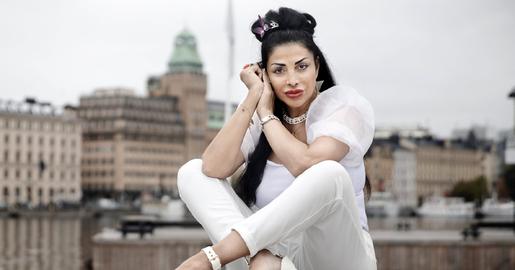
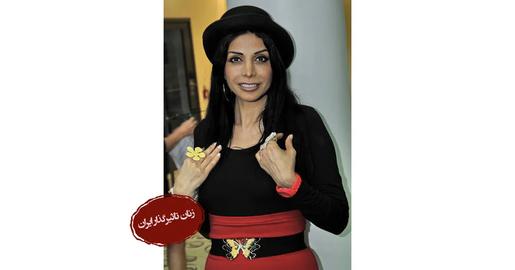
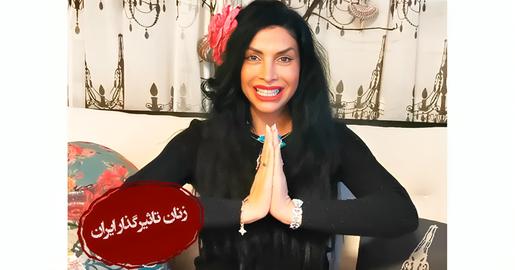
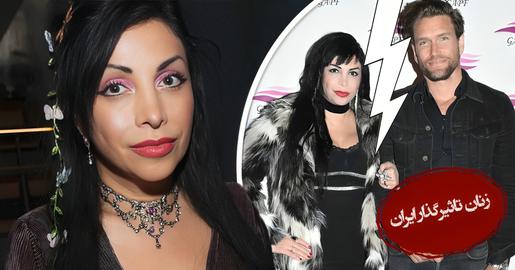





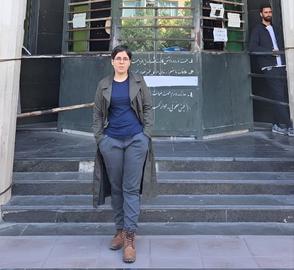
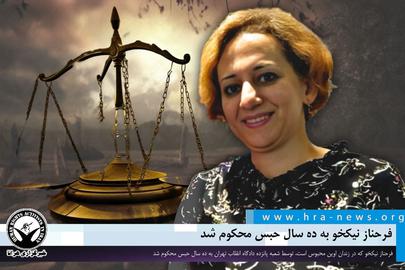







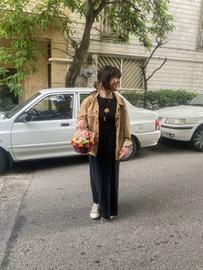
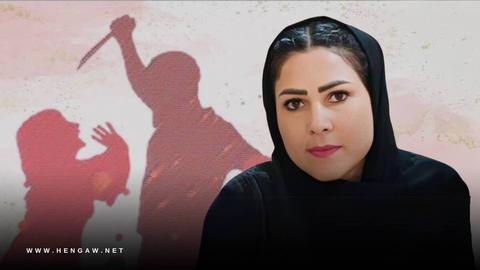




comments